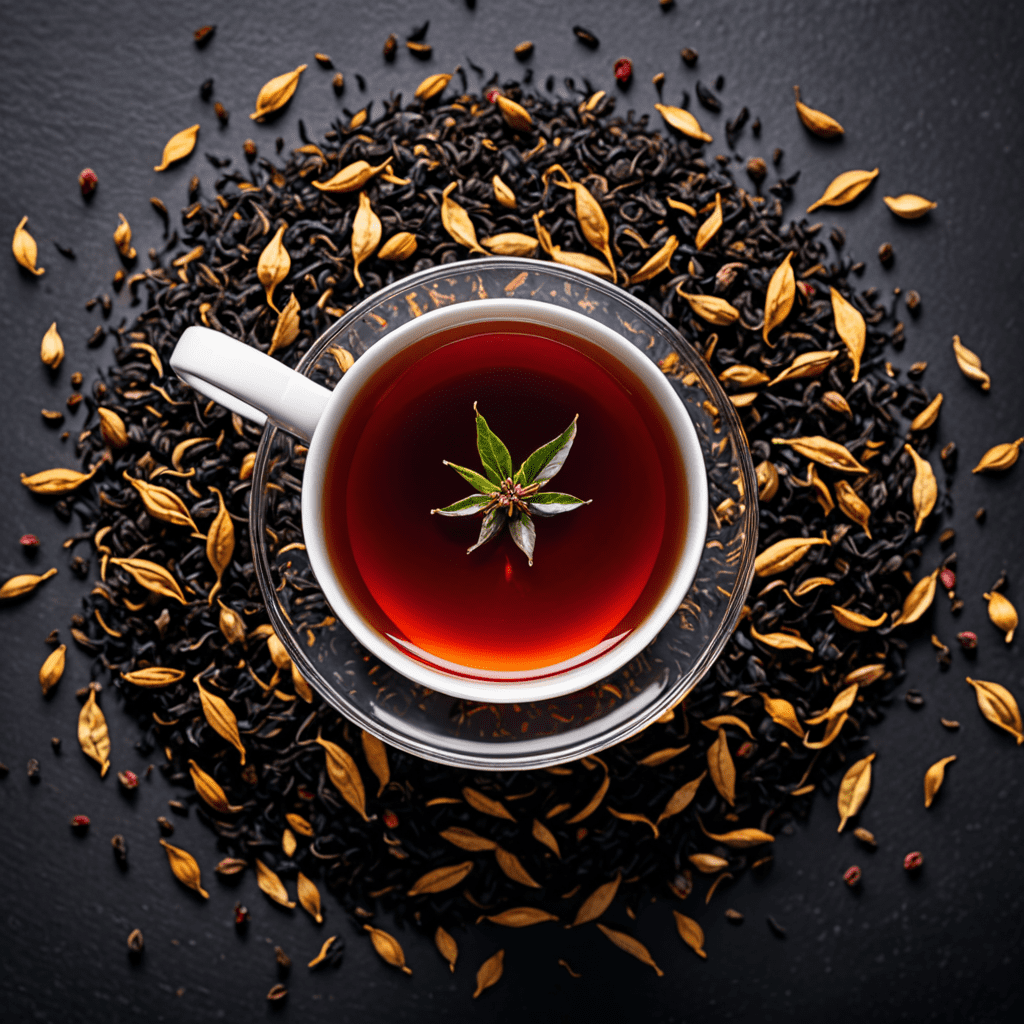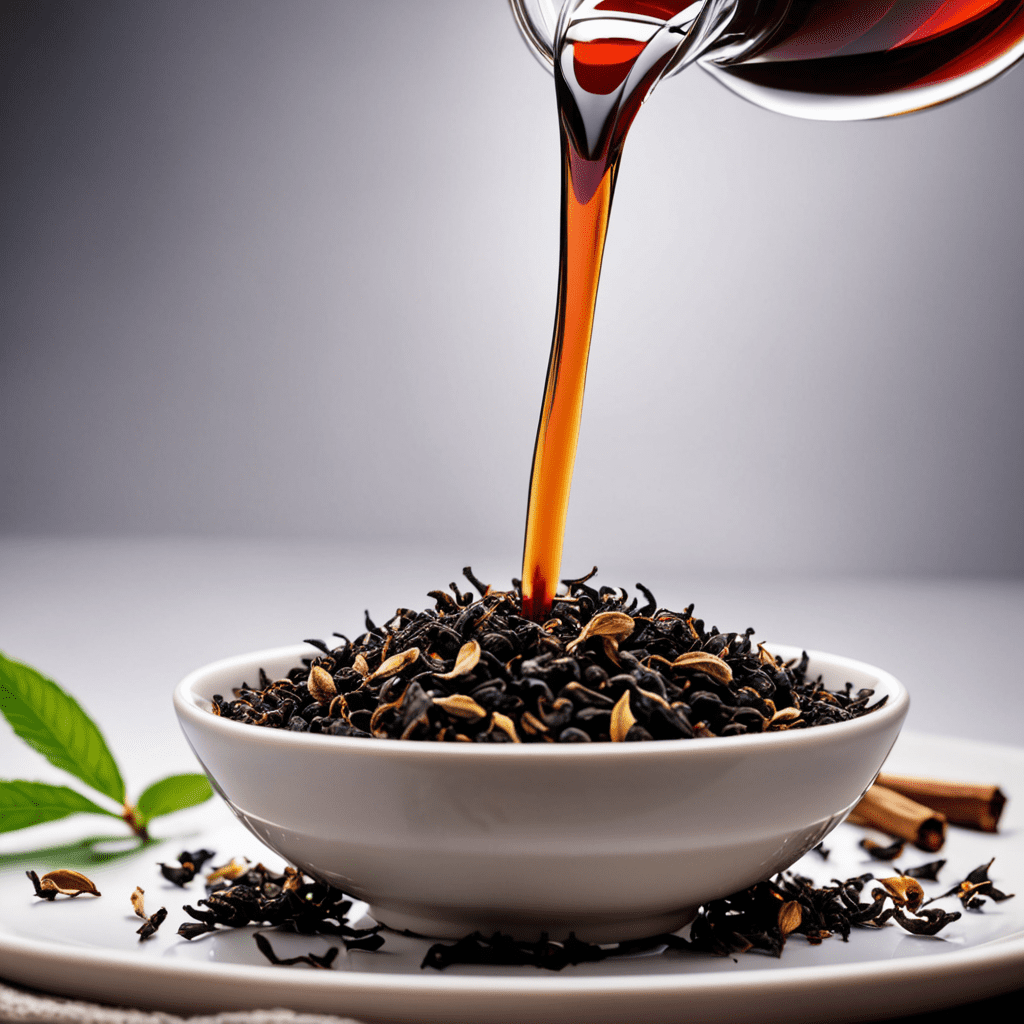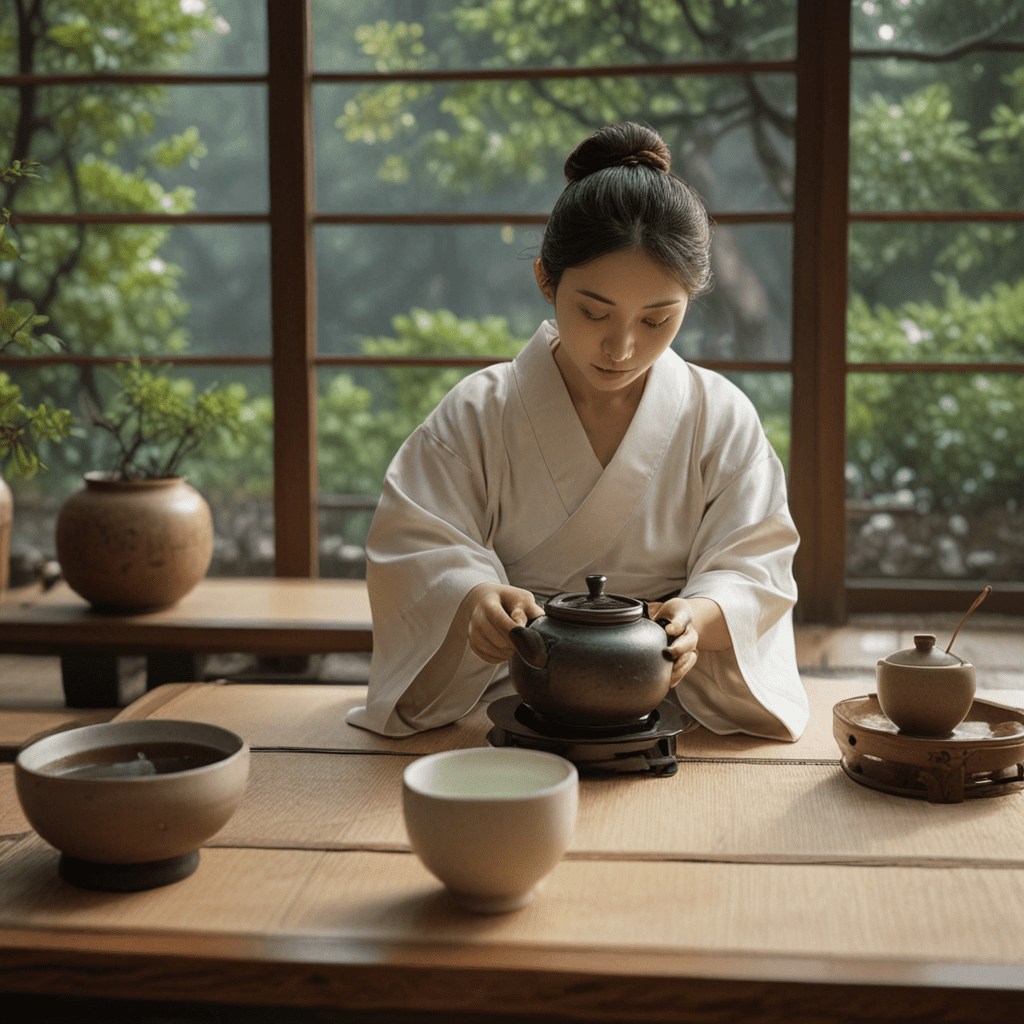
Where Did Black Tea Originate?
Black tea, a popular and beloved beverage enjoyed by millions worldwide, has a rich history that dates back centuries. This article explores the fascinating origins of black tea, tracing its journey from ancient China to becoming a global favorite.
1. The Ancient Roots of Black Tea
Black tea originated in ancient China, where its story can be traced back to the 17th century. According to legend, the emperor Shen Nong discovered tea when tea leaves accidentally fell into his boiling water. This discovery marked the beginnings of tea cultivation in China.
2. Tea Production Spreads to Different Regions
Over time, tea production expanded from its origins in China and reached other regions, including Japan, Korea, and the Middle East. Trade and cultural exchanges played a crucial role in spreading the popularity of tea across different parts of the world.
3. Introduction of Black Tea in China
Green tea was the dominant variety in China until the Ming Dynasty (1368-1644). During this period, black tea, also known as red tea in Chinese, gained popularity. The development of black tea in China allowed for new flavors and aromas to be explored.
4. Black Tea Expands to the West
It was through European exploration and trade that black tea found its way to the Western world. The British, in particular, played a pivotal role in the global spread of black tea, especially during the 17th and 18th centuries. The famous British East India Company played a significant role in establishing tea as a British staple.
5. Origins of Darjeeling and Assam Black Tea
Two prominent regions, Darjeeling and Assam, became renowned for their black tea production in India. In the mid-19th century, tea cultivation in Darjeeling began under British supervision, while the discovery of native tea plants in Assam revolutionized tea production in the region.
6. Black Tea in Africa and Sri Lanka
Black tea cultivation also took off in Africa and Sri Lanka (formerly known as Ceylon) during the 19th century. Both regions, with their favorable climates and fertile soil, proved ideal for establishing tea plantations, contributing significantly to the global black tea market.
Frequently Asked Questions (FAQ)
Q: What makes black tea different from other types of tea?
A: Black tea goes through a complete oxidation process, which gives it a robust and full-bodied flavor. This sets it apart from green and white teas, which are less oxidized.
Q: Does black tea contain caffeine?
A: Yes, black tea naturally contains caffeine, although the exact caffeine content can vary depending on the specific tea variety and brewing time.
Q: How is black tea traditionally prepared?
A: Traditionally, black tea is steeped in hot water for several minutes before being enjoyed plain or with milk, sugar, or other additions according to personal preference.
Q: Are there any health benefits associated with drinking black tea?
A: Black tea is known for its antioxidant properties and may offer various health benefits, such as improved heart health, lower cholesterol levels, and potential cancer-fighting properties. However, it’s important to consume black tea in moderation as part of a balanced diet.
Q: What are some popular black tea varieties?
A: Some popular black tea varieties include Assam, Darjeeling, Earl Grey, English Breakfast, and Lapsang Souchong, each with its unique flavor profile and characteristics.
Q: Can black tea be enjoyed hot and cold?
A: Absolutely! Black tea can be savored hot or chilled. Iced black tea is especially refreshing during warmer months.
Q: Are there any cultural or ceremonial traditions associated with black tea?
A: Yes, many cultures have their own tea ceremonies and rituals involving black tea. Chinese and Japanese tea ceremonies are famous examples of the cultural significance attributed to tea consumption.
And there you have it! The origins of black tea take us on a journey through time and various cultures, showcasing its incredible significance and enduring popularity. So, no matter how you prefer to enjoy your cup of tea, take a moment to appreciate the rich history and cultural heritage encapsulated within each sip of black tea!


